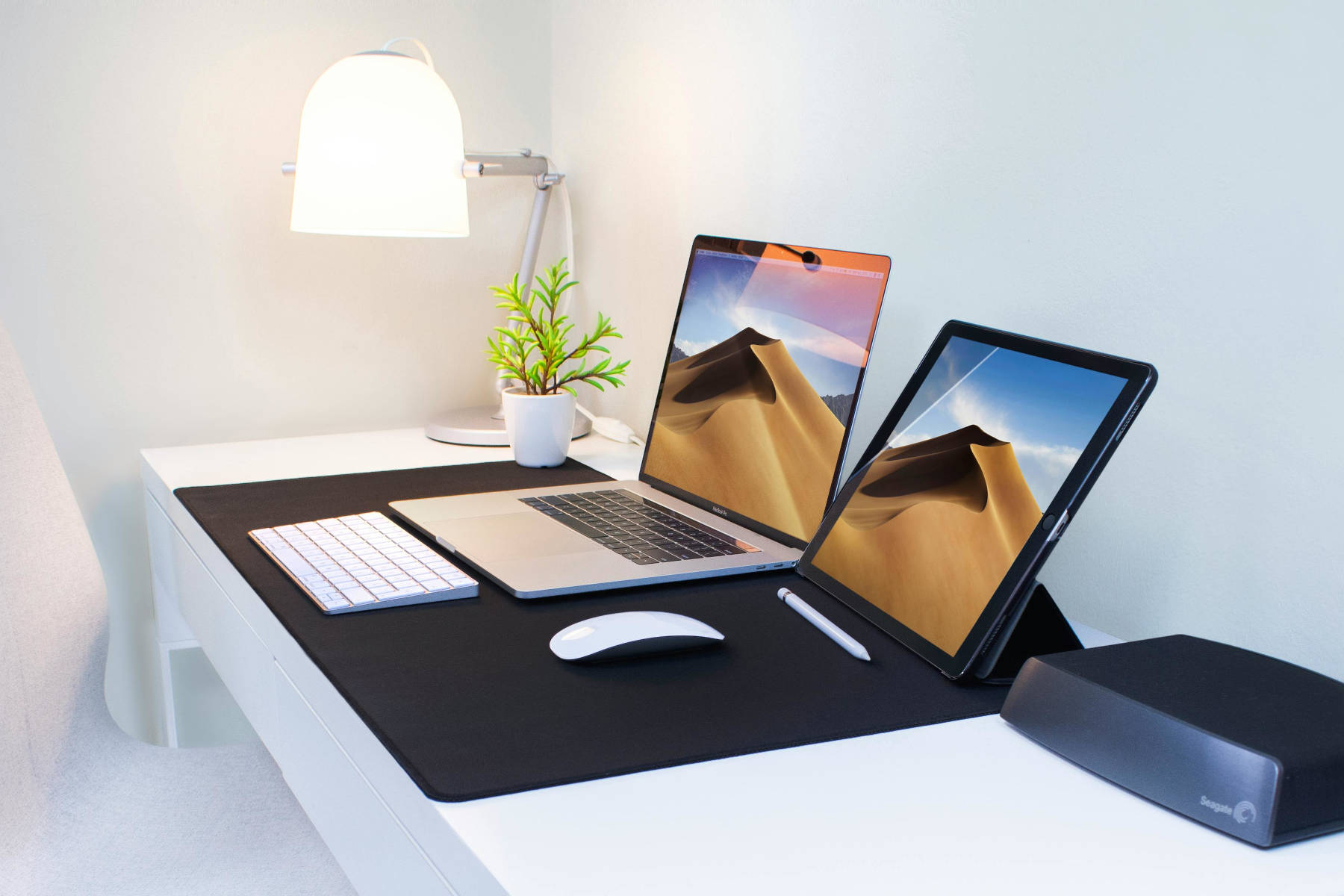Affordable Website Design for Small Business
In today’s digital age, having a website is no longer optional for small businesses—it’s essential. A professional online presence helps you connect with customers, showcase your services, and stand out in a competitive market. But for many small business owners, creating a website feels overwhelming, especially when resources and budgets are limited. Thankfully, there are cost-effective strategies to simplify website design for small business owners without compromising quality or future scalability.
Why a Website Is Crucial for Small Businesses
A website is more than just a digital storefront—it’s a vital tool for building credibility, increasing visibility, and engaging with customers. Studies show that over 80% of consumers research businesses online before making a purchase or visiting in person. Without a website, you risk missing out on this significant audience.
For small businesses, a well-designed website serves as a foundation for marketing efforts. It integrates with social media, supports SEO, and gives potential customers an easy way to find and contact you. Investing in a professional website may feel daunting, but it pays off in long-term growth and customer retention.
Comparing CMS Options for Website Design for Small Business
Content management systems (CMS) are a popular solution for small business website design. While several options exist, including Wix and Shopify, WordPress remains the preferred choice for many.
- Wix and Shopify: These platforms are user-friendly and suitable for beginners. However, they often limit flexibility, making it challenging to scale or implement advanced SEO strategies as your business grows.
- WordPress: Known for its versatility and scalability, WordPress powers over 40% of websites worldwide. It offers thousands of customizable themes and plugins, making it ideal for businesses looking for an affordable yet professional solution. Unlike site constructors, WordPress gives you complete control over your site, ensuring future growth isn’t hindered by platform limitations.
Cost-Effective Website Design Strategies
Website design for small business doesn’t have to break the bank. By focusing on smart strategies, you can achieve a professional look without overspending.
One of the most affordable methods is using pre-made themes. These themes are not only cost-effective but also professionally designed to suit various industries. For example, real estate agencies can use property-focused themes, while restaurants might choose layouts optimized for menus and reservations. Themes come with built-in functionalities like contact forms and image galleries, which can save both time and money.
Another way to save costs is by focusing on essential features. Avoid the temptation to include unnecessary bells and whistles. Instead, prioritize user experience and clarity, ensuring your visitors can navigate your site easily.
How to Choose the Right Theme for Your Business
Selecting the right theme is a critical step in website design for small business. With thousands of options available, it’s essential to consider the following factors:
- Responsiveness: Your website must look great and function well on mobile devices, as a significant portion of users browse on their phones.
- SEO Readiness: Choose a theme that’s optimized for search engines, ensuring your website ranks well.
- Ease of Use: Look for themes with intuitive interfaces that make customization straightforward.
When browsing theme marketplaces, pay attention to reviews and demo versions. A theme that seems perfect in screenshots might not meet your needs in practice.
Customizing Your Website: Simple Changes, Big Impact
Once you’ve chosen a theme, customization allows you to make your website uniquely yours. Small changes, like adding your logo, adjusting colors to match your brand, and updating typography, can create a professional look without requiring a complete redesign.
Plugins can enhance functionality, but it’s important to use them sparingly. Essential plugins for small businesses include those for SEO optimization, contact forms, and image compression. Overloading your site with unnecessary plugins can slow it down and complicate maintenance.
Avoiding Common Mistakes
When designing a website, small businesses often fall into a few common traps. One mistake is prioritizing appearance over usability. While aesthetics matter, your site’s primary goal is to serve customers. Ensure navigation is simple, loading speeds are fast, and content is clear.
Another mistake is neglecting regular updates. Websites built on CMS platforms like WordPress require periodic updates to themes, plugins, and the core system to ensure security and functionality. Scheduling regular maintenance prevents technical issues from disrupting your site.
Maintenance and Future-Proofing Your Website
A well-designed website is not a “set it and forget it” project. Regular updates, backups, and monitoring are essential to maintaining performance. As technology evolves, small businesses should adapt to trends like voice search and AI tools to stay competitive.
Hosting is another critical consideration. Choose a hosting provider that supports scalability, ensuring your site can handle increased traffic as your business grows. A strong foundation today can save significant time and money in the future.
Conclusion about Website Design for Small Business
Website design for small business doesn’t have to be overwhelming or expensive. By using CMS platforms like WordPress and focusing on affordable strategies like theme customization, small businesses can create professional, functional websites that support growth and customer engagement.
For those ready to take the next step, exploring these approaches can provide a solid starting point. And for businesses seeking additional guidance, there’s always expert help available to ensure long-term success.






